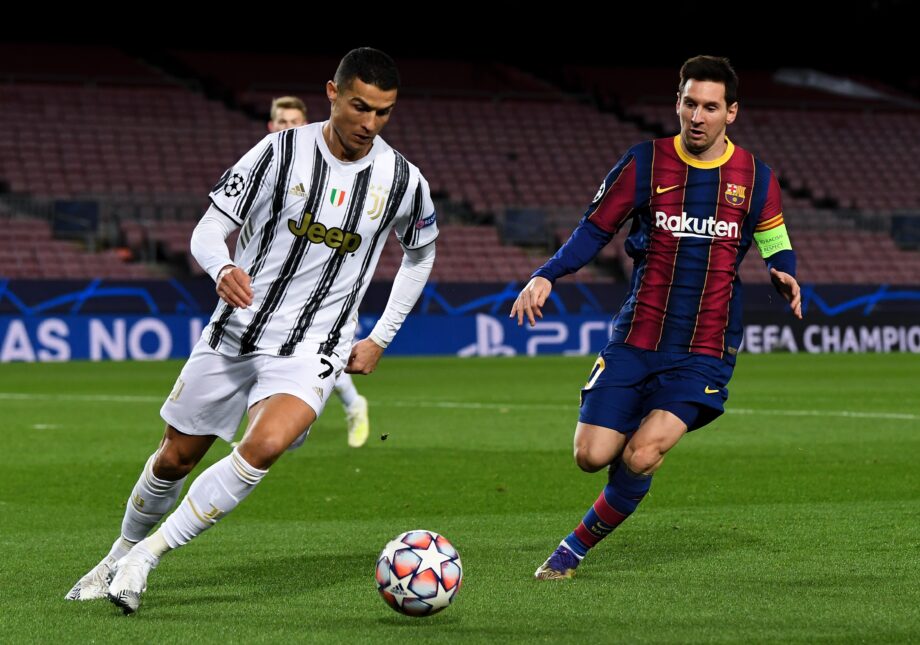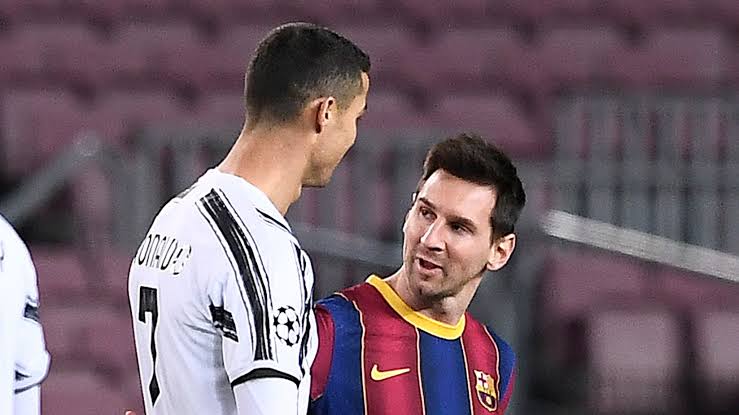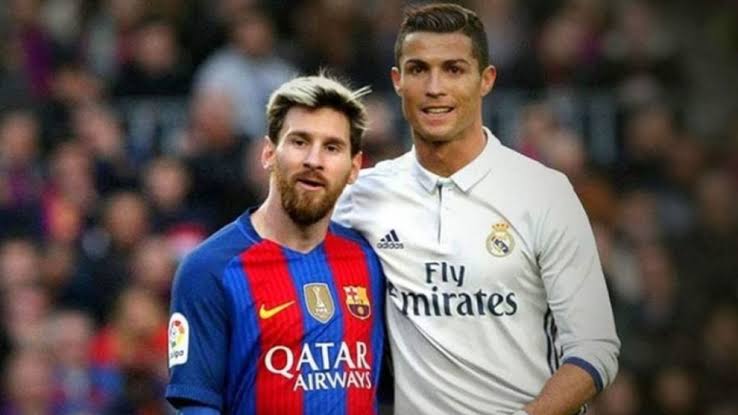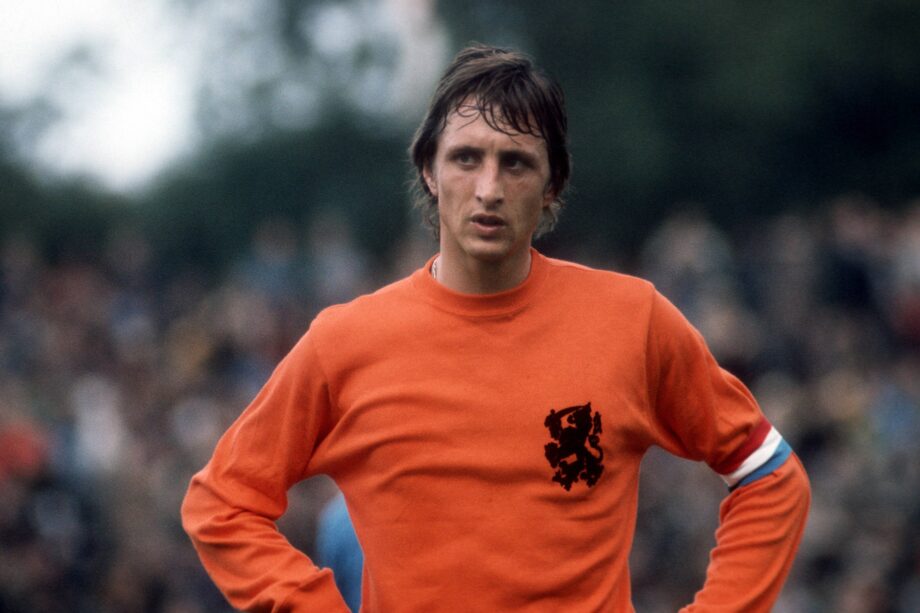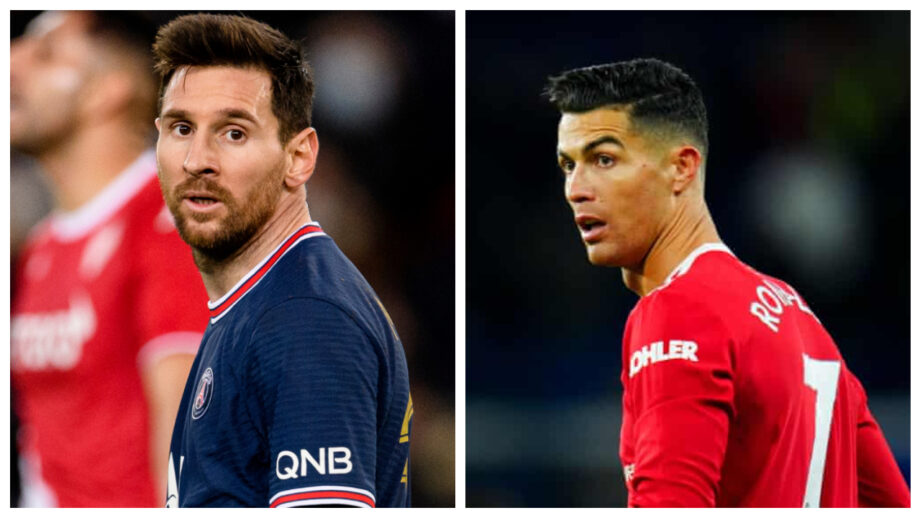The question of whether a player should be required to inspire both his club and country to success in order to achieve legend status is as divisive as any in sport. Is it possible to join the ranks of the all-time greats without achieving home and international success?
While the debate rages among idle pub-goers, the slim chance of an amicable compromise is only pushed further away by the emptying of every pint glass, the question lingers only as a tangential thought for players, a meaningless subjective abstraction that few on the inside would ever need to consider.
Nonetheless, there are two players in today’s game who, more often than others, are at the centre of the controversy, and for whom the subject has grown increasingly relevant in recent years. Despite nearly a decade of unrivaled domestic supremacy, the world’s best players entered their respective regional championships in the summer of 2016 without a major international title to their name.
Cruyff is one of the most influential figures in soccer history, having won the Ballon d’Or three times. His style of play and soccer philosophy have made him one of the most influential figures in the sport’s history. With qualities that influenced players like Sir Alex Ferguson, Pep Guardiola, and Eric Cantona, he went on to teach and was considered one of the best coaches since UEFA’s inception in 1954.
Both teams made it to the finals. On June 26, 2016, Lionel Messi led his team onto the field for the Copa América Centenario final against Chile. Cristiano Ronaldo captained his team against France in the Euro 2016 final two weeks later.
Though the judgment is still out on how important an international title is in a player’s quest to join the illustrious few, neither perennial winner could hide how much they wanted, needed, to lead their countries to triumph. Ronaldo is competing in his second final for Portugal, while Messi is competing in his fourth for Argentina.
